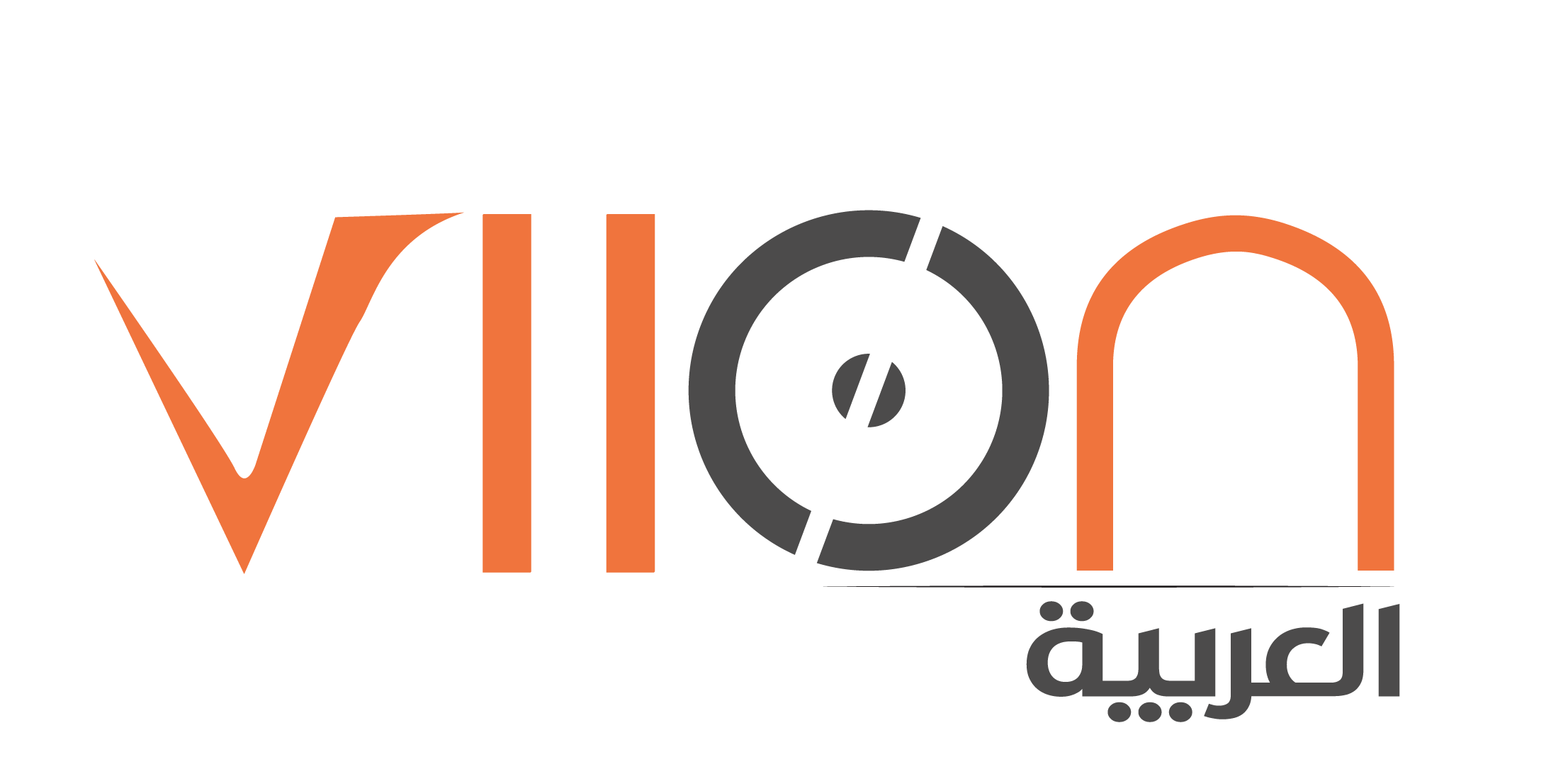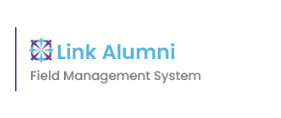Google has clearly made a statement that they are fine with A.I.-generated content the main concern is it is informative with true information and not focused on manipulating reviews in search results. But also Google Revises its guidelines for product rating and clearly add this in their policy that product reviews generated from AI- Software will be market as spam that can lead to ID Suspension as well. The reason behind this is to avoid spamming and take an action against fake reviews, in short one of the primary features of the new policy is the restriction of AI-generated content for product reviews. Google will no longer accept evaluations created primarily by an automated program or AI tool. According to the organization, this procedure ensures that the reviews are legitimate and supplied by actual consumers. To implement the policy and verify compliance, the corporation has stated that it will use a combination of AI techniques and human-based evaluation. To protect the platform’s integrity, automated programs and AI app-generated reviews will be flagged as spam.
What does this imply for users?
Google only wants real consumer experiences on its platform and is working to eliminate misleading or fraudulent information. By preventing duplicate evaluations and identifying rules infractions, the organization wants to create a fair and transparent review system.
The organization is attempting to improve its user experience by establishing a trustworthy environment for individuals and companies alike. This latest upgrade is part of that endeavor. Users should expect a more dependable and useful review system on Google Search as a result of these updated policies. In addition, the corporation wishes to protect the integrity of its product evaluations and shopping platforms by prosecuting policy violators and repeat offenders.
AI-Generated Content in General Isn’t a Problem
It’s vital to realize that the clarification only applies to AI-generated reviews and has no bearing on AI-generated material in general. The world’s largest search engine has been generally supportive of AI-generated content as long as it is useful to users and not made merely for search engine optimization objectives.
This important distinction should be remembered when assessing the influence of AI-generated content and reviews on organic traffic and search engine rankings.
While AI-generated reviews have the potential to harm your rankings, high-quality AI material in general has the ability to improve them.
As a result, we propose that you concentrate on producing valuable and informative material that is actually useful to users. In most circumstances, AI can assist you in accomplishing this, but it is only a tool, and it is not always the best instrument.
What does this have to do with SEO
Positive reviews are frequently relied upon by SEO marketers to increase organic traffic and improve search engine results, But under Google’s new policy, AI-generated evaluations will not only be useless in attaining these aims, but may even have a detrimental impact.
Search engines value trustworthy and original material, and AI-generated reviews do not match these standards. Google’s SGE update aims to keep people on Google for a longer period of time. Provided answers will show at the top of most search pages, with the option for users to refine the offered answer by following up on their inquiries.
You may lose rankings or be suspended if you use AI-generated reviews
Google analyzes the text of a review to determine whether it was mostly generated by AI by recognizing patterns that suggest automated generation. Machine-learning algorithms approaches are used to detect suspicious or spam-like behavior such as repeatedly language, general comments, or strange language patterns. Google also employs specially educated human specialists to evaluate the review’s source and reliability, looking for indicators of automated processes or artificial intelligence technologies utilized in its development. Google’s use of these evaluation methodologies attempts to ensure that reviews are real and reputable, allowing consumers to make educated selections.
Consequences of using AI-Generated reviews:
If Google detects that a website is using AI-generated reviews, it may penalize the site by rejecting offending content or reviews, giving warnings, or suspending accounts for repeated or severe infractions. To be more specific, Google may reduce the website’s search rankings or even delete it entirely from search results.
Google announces policy clarifications from time to time, which SEO marketers must learn and remember in order to comply with Google’s standards.
It also helps to clear up any misconceptions regarding how Google Search interprets various types of information and how it works.
Below are some of Google’s most recent policy clarifications important to SEO:
Plagiarism Reviews should not include information that appropriates the work of a different individual or organization.
Personal and Confidential Information Reviews including personal information such as complete addresses, debit card numbers, national insurance numbers, or driving license numbers should not be posted.
Sexually Explicit Content Reviews should not contain sexually explicit material or exploit children sexually. Google removes such information and reports it to the National Center for Missing and Exploited Children (NCMEC) and law authorities.
Links to malware, viruses, or other hazardous applications should not be included in reviews. It is also banned to use phishing or content that affects or interferes with the operation of Google’s networks, servers, or infrastructure, also custom cms solutions play a pivotal role in optimizing website structure and content for superior SEO performance
Interest Paid reviews: Potential Conflicts of InterestPaid or forged reviews are not authorized. Reviews should be accurate and honest. Google removes evaluations that contain conflicts of interest or are published by employees or persons who have a financial interest in the product. Only reviews gathered from genuine consumers should be submitted.
Spam SpamGoogle rejects spam content and encourages users to report irrelevant, repetitious, or illogical language in their feed as spam.
Maintaining Cleanliness Reviews that contain vulgar, profane, or abusive language, scenes of violence, significant harm, or death, personal assaults, or are defamatory are not permitted.
Copyrighted Material Reviews should not violate the rights of others, particularly copyright. If there is a copyright infringement, consumers can learn more about Google’s copyright policies or make a Digital Millennium Copyright Act (DMCA) request.
Unrelated Reviews Reviews that are mostly on subjects unrelated to the product itself may be removed. This includes remarks regarding shipment and delivery, retail experiences, political or social controversies, and personal attacks.
Other Products/Websites Cross-Promotion Promotional content for unrelated websites, products, or services should not be included in reviews.
Contacts Phone numbers, email addresses, or web addressesPhone numbers, email addresses, or connections to other websites should not be included in the content of reviews.
Hazardous Products or ActsIt is not permitted to conduct reviews of regulated products that can cause harm or injury, such as weapons, cigarette products, and controlled pharmaceuticals. Furthermore, content showing or instructing on dangerous or broadly illegal behaviors is forbidden.
What to do to rank high in Google search engine:
This most recent Google update explains what Google looks for in terms of content quality. It is easier for your website to appear in Google search results and avoid being punished by future algorithm upgrades if you follow E-E-A-T principles.
How to Create AI Content that Meets Google’s Standards
The fundamental purpose of this update is to ensure that individuals, even with the assistance of AI, create amazing content. Google maintains its commitment to provide useful information through search results by permitting the appropriate usage of AI technologies.
When using AI writing tools, keep the following three factors in mind:
Maintain quality standards: Writers must verify that AI content satisfies Google’s quality standards by reviewing drafts thoroughly before posting them online.
Avoid twisted manipulation: Do not utilize artificial intelligence for spamming or manipulating search engine rankings.
Place communities first in your content: The utilization of AI-generated content should prioritize consumers’ needs and interests, assisting them in finding answers to questions or solutions to issues.
How does Google rank artificial intelligence content?
AI-generated content is ranked by Google based on its accuracy, significance, and implementation to SEO best practices. The algorithms of the search engines include variables such as keywords use, clarity, user interaction metrics, and backlinks. Superior AI-generated content that matches these requirements has the potential to score well in search results.
Can Google identify AI content?
Through powerful machine-learning techniques, Google is constantly increasing its ability to spot AI-generated content. An AI detector tool can guarantee that your material was entirely created by a human. In the end, detection won’t matter as long as you match Google’s EEAT criteria for producing useful content.
Does Google appreciate AI-generated content?
Google values high-quality and relevant content, whether produced by people or created by artificial intelligence. As long as the AI-generated content provides value to users while adhering to Google Webmaster Guidelines, it will be regarded positively in search rankings.
Why are these changes made?
The simple answer is to Increase User Trust, Google values first-hand stories and works hard to remove anything misleading or false. By avoiding duplicate reviews and flagging rule violations, the platform ensures a fair and open review system.
This upgrade is the result of Google’s ongoing efforts to improve user experience and provide a trustworthy environment for both customers and businesses.
Users should expect a more reliable and instructional review system on Google’s platform once the new policies take effect. Google intends to maintain the credibility of its product reviews and buying platforms by taking action against rule breakers and repeat offenders.









